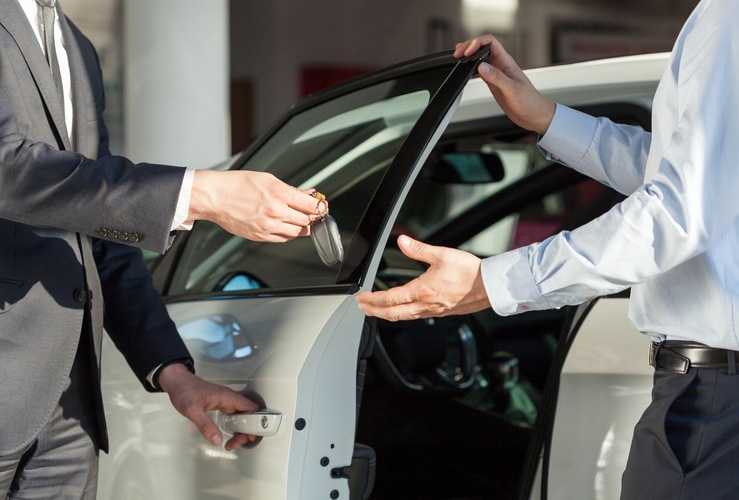
New car registrations surged 23.1 per cent in August, year-on-year, according to the Society of Motor Manufacturers and Traders (SMMT).
Of the 94,094 vehicles sold in August, 39 per cent had petrol engines, while about one in 12 new purchases were a hybrid, a plug-in hybrid or an EV.
However, diesel cars saw a year-on-year slump of 7.7 per cent, which is likely due, in part, in anticipation of more stringent emissions tests that were initiated in the UK on September 1st.
SMMT chief executive Mike Hawes said, "It's great to see such strong (overall sales) growth, particularly in the important electric vehicle market."
"However, given August is always a small month in new car registrations ahead of the important plate-change month of September, it would be wrong to view the market as booming.
"Indeed, this past month has seen some significant variances as regulatory (emissions) changes have disrupted some supplies."
UK car sales have fallen 4.2 per cent over first eight months of the year, compared to the same period in 2017.
The UK's car industry has enjoyed a resurgence over the last decade, largely thanks to significant direct foreign investment from overseas car firms. However, many foreign car manufacturers with investments in the UK are concerned about the impact of Brexit. The UK's membership of the European Union means automotive parts can move freely across the bloc, without attracting import/export taxes.
All large-scale UK automotive plants are owned by overseas entities.
Around 80 per cent of British-made cars are built for export. Should the UK crash out of the EU without a trade deal, World Trade Organisation rules could be put in place, which would in theory make UK-built cars more expensive to buy for motorists overseas. However, this concern may be countered by the relative weakness of sterling, which has lost around 20% of its value against some currencies since the UK voted in 2016 to leave the world’s largest trading bloc.





